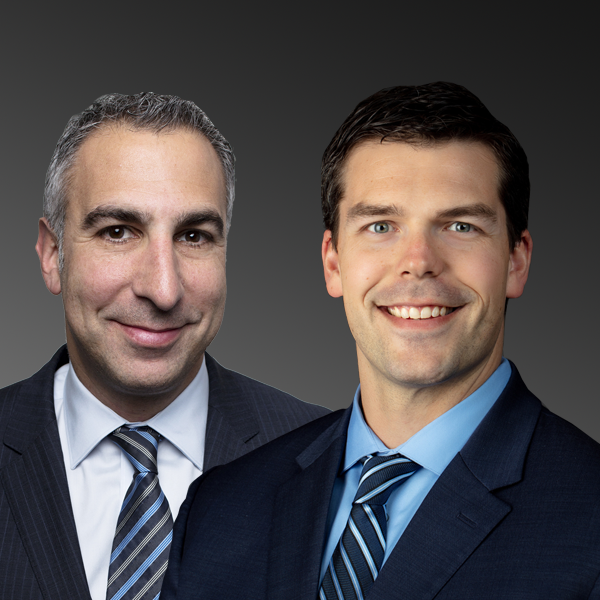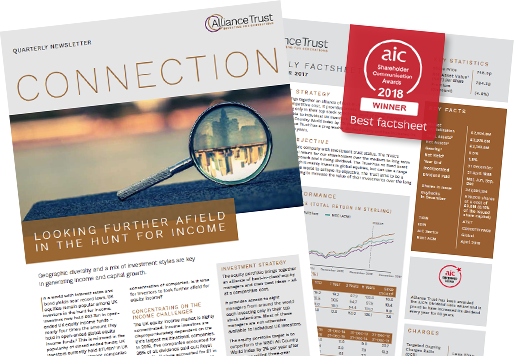The battle between active and passive investing has been raging for years but it’s a phony war. Elaborate arguments can be constructed as to why one approach to investing should defeat the other, but it is possible for both to coexist peacefully in one long-term portfolio and bring benefits at different times.
In recent years, passive investing has been winning. A rising tide of liquidity, initially poured into financial markets by governments and central banks to avert a depression in the wake of the Great Financial Crisis, then topped up further to avoid another potentially protracted downturn due to the Covid-19 pandemic, has tended to float all boats, making active stock picking less effective than tracking an index.
But the tide may now be turning again in favour of a more selective approach. After the remarkable V-shaped recovery experienced last year, stock markets appear to be in a holding pattern, unsure which way to go next.
The US market is going sideways, waiting for the reality of corporate earnings to catch up with investors’ high expectations. And within stock markets globally, the pattern of returns has changed. As a group, high-flying growth stocks in the technology and healthcare sectors, previously perceived as safe bets during lockdowns, are no longer in the ascendancy, though some individual names continue to do well. Instead, more cyclical, value stocks, such as commodities and energy companies, have been making the running. However, after strong rallies, many of these stocks now look relatively expensive and, as a result, have experienced a loss of momentum.
The market’s lack of direction is a symptom of the uncertainty that surrounds the outlook for the global economy. Having avoided disaster, is it at the start of a long and durable upswing, in which case further broad-based stock market gains could be expected? Or is it enjoying a short-term cyclical bounce which will fizzle out once the initial post-lockdown spending spree is over? No one really knows.
With Covid-19 still a significant threat in many parts of the world and the threat of inflation rising, the picture may take many months to become clear. In the meantime, with no obvious pattern of market returns discernible in terms of countries, sectors or investment styles, it is arguably the ideal environment for a forensic approach to individual stock picking. Investment opportunities still abound, but it is becoming harder to spot them. A trained eye could have more of a chance of success than a broad-based tracker fund.
Of course, there are many studies demonstrating that fewer than 50% of active managers outperform the average of their peers. And the reality is even worse after the subtraction of fees. However, what matters is the probability that any chosen individual manager will outperform over a given timeframe. Consequently, the debate should hinge on the ability to reliably identify skilled stock pickers to maximise chances of success.
Our investment manager Willis Towers Watson’ manager selection process involves screening thousands of active equity managers for detailed consideration. They use both proprietary tools and well-known metrics such as active share (the proportion of holdings that differ from the benchmark) to screen out the benchmark huggers and those whose fees outweigh their added value. Such a process cuts out about three quarters of the population of active equity managers, leaving a pool of credible individuals who have a good chance of outperforming.
Of course, their investment strategies will not always beat benchmarks. In truth, active managers go through cycles of outperformance and underperformance. It is therefore sensible to focus on choosing more than one for your portfolio, each with complementary approaches, so that when one or two are temporarily out of favour there is a good chance that some of the others will be doing well.
This is exactly how the Alliance Trust portfolio is constructed, with a line up of 10 managers, all doing something different. Currently, the more growth-oriented managers, such as SGA and GQG, are facing style headwinds, while the more value-oriented managers, such as Jupiter and Lyrical, have the benefit of a style tailwind. But in the long run style differences are negligible. If you look back over the last 45 years to April 2021, the S&P 500 growth index has returned 11.7% per annum whereas the S&P 500 value index has returned 11.4%. With such a marginal difference between the two passive approaches to investing by style, a better way of outperforming the market consistently over time is through skilled stock selection, even if it is possible to benefit in the short run from having a style bias. That is particularly true now, when the market overall lacks direction. And when there is increasing concern about the financial risks of climate change, a passive approach to investing could also leave you on the wrong side of structural economic change.
Read more investment expertise






